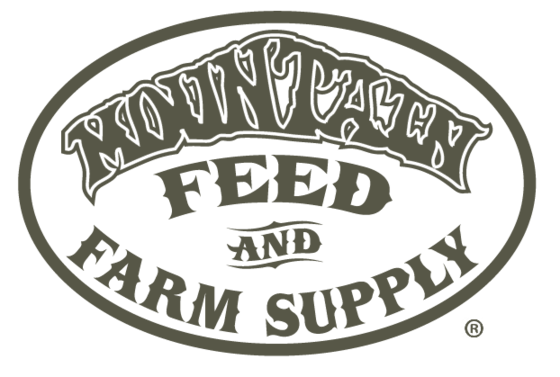- Continue Shopping
- Your Cart is Empty
Appreciations
 by Jessica Tunis
by Jessica TunisIt’s another Sunday morning, kettle on the stove, steam rising from the spout. It’s another spring morning, the air a perfume of flowers and alive with pollinators. It’s a warm spring Sunday morning in the garden, a warm mug steaming as we walk outside to visit the bolting herbs and the tender young tomatoes and the fragrant sweet peas. It’s Mother’s Day.
The earth has grown a bouquet to commemorate this and every day. We sometimes refer to the earth as our mother, and indeed this dear planet is the original wellspring of life as we know it. The earth is beyond gender, of course, of course. But sometimes it makes us feel closer, to call something by a subjective personal pronoun. To say ’she'’ rather than ‘it’ when we refer to something as fundamental as the ground beneath our feet, the sky overhead, the rivers and oceans and forests and weather . . . this grammatical stretch can remind us of the personal connection that we all have to this round blue marble planet. And regardless of gendered roles, and regardless of the relationship we have with motherhood, or with our own mothers, the earth is our original parent and home. We love her so. And yes, Earth Day is a thing, a day that we have already celebrated this year . . . so sorry, moms everywhere. We aren’t trying to co-opt your day in the service of ecology. We’re just expanding it a little, celebrating that generous, universal, life-giving force that is the archetype of idealized motherhood. You know, one that includes the mechanics of evolution and lactation and geologic time; volcanoes, earthquakes, and the migration of hummingbirds. Wildfire and plate tectonics and honeybees, the fawn nestled in a nest of dry grass and the slink of coyotes through streets and meadows. The flowers blooming everywhere, on steep hillsides and tended gardens and the cracks in the sidewalk. O Mother of us all, in all your power and fury and beauty and promise. Let us gather flowers from your garden and present them back to you, as though appreciation were the truest and only gift we could give.
Appreciation, though, is not just an abstract concept, a soft-focus halo that relieves us of the burden of action. Appreciation, true appreciation, goes beyond mere lip service to gratitude, and becomes an imperative practice. Any dictionary worth its cover price will tell you so. The first of the numbered definitions often center on the simplest form of appreciation; "recognition and enjoyment of the good qualities of something." But as the definitions expand, a complexity seeps into the simple word, and it becomes a kind of reckoning, a place where the aforementioned qualities are "discussed and assessed." It becomes a sensitive understanding of aesthetics and mechanics, a more full and complete understanding. It builds on itself, and becomes "an increase, as in a monetary investment.” We have not yet evolved the term to include this increase and expansion beyond financial terms, but the seed is there, in the way the word is already used. A growing appreciation, a gradual deposition, an organic thing with a life of its own, that includes all of these elements; beauty, expansion, understanding, critique and discussion and ongoing creation.
As with pronouns, as with language itself, as with all life on earth, we are still constantly evolving and adapting to shifting circumstances. Appreciation, in all its forms, is vital to understanding. Rooted in gratitude, but not blinded by the scope of our agency or intimidated by the limits of individual action. Appreciation, a complex reckoning, a sensitive understanding of a nuanced situation. Appreciation, an accumulative force, a gathering of grace and resources. Let us offer that to each other, to the planet, to our communities. To our mothers. Offer it up, imperfect and evolving as all things are. A steaming mug, a jar of blooming weeds, a lumpy galette. A practice of letting the birds gather seeds from spent sunflower heads, leaving the margins wild, incorporating native plants into cultivated landscapes. Appreciation, a subtle medicine that cracks the heart open and lets love come spilling out, in poems, in essays, in gardens, in the interwoven fabric of our lives. In our short time here, it is perhaps the most gentle, effective, and timeless balm for greed and envy. Let it bloom and set seed and spring forth again, over and over.
What more could we say here? So much, and never enough, seemingly. Every week, we leave a deposit here, an appreciation of earth and food and community. Like a garden top dressing that gradually incorporates into the soil, like icing on a cake, like a succession of microbes, like layers of paint on a constantly evolving painting. Oh Mama, we baked you this galette. (Maybe we picked all the ripe strawberries in your garden to make it. Maybe we used up all the butter and left a mess of flour on the counter and the mixing bowl is dirty in the sink. Maybe we burned the edges a bit.) But oh, how we love you, still and always. We hope you know it. We’ll keep working to show it most fully, however we can, over and over, all our days. We are forever grateful, forever yours. We love you so.
